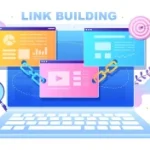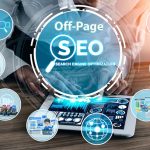Businesses must pick between PPC and SEO. They increase online visibility and traffic. In a cutthroat market, visibility makes all the difference.
Each technique has clear advantages and disadvantages. Seeing them can help you decide based on your business goals.
Optimizing web pages for search engine algorithms is crucial for successful ad campaigns. Landing pages play a pivotal role in converting traffic generated from PPC or SEO efforts. It’s essential to allocate marketing budgets wisely to ensure the effectiveness of both PPC and SEO strategies.
This blog post examines PPC and SEO. It weighs their pros and cons. It aims to help you choose the best approach for your organization.
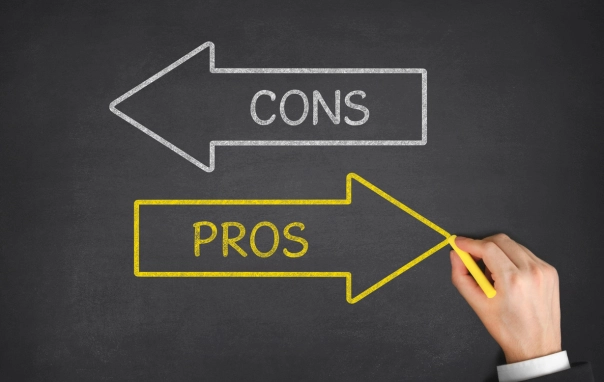
What PPC Pros and Cons?
PPC ads, or pay-per-click, is an online advertising technique. Whenever potential customers click on their ad, advertisers pay a fee.
You can see the ads on search engine result pages on Google and Bing. They are also on social networks, like Facebook and Instagram, and many websites. PPC tries to increase website traffic by paying for ad spots. The ads target specific keywords or demographics.
Setting up a PPC campaign involves many steps. This includes keyword research. It also includes writing ad copy. And setting a budget. And picking a bid strategy.
The ad auction method assigns ad placement based on bid amount, ad quality, and relevance. For example, Google Ads uses a system in which the highest bidder does not always win. The ad’s relevance and predicted click-through rate also matter.
How are PPC Campaigns Set Up
You start a PPC campaign with keyword research. It finds the terms that potential buyers search for. Tools like Google Keyword Planner can help find good keywords. These keywords have high search volumes and medium-level competition.
Next, make engaging ads that use these keywords. They should show your value and include a compelling call-to-action (CTA).
Setting a budget is critical. It dictates how much you will pay per click and on the campaign. Bidding tactics range from manual CPC to automated strategies.
The automated ones include target CPA or ROAS. You can use it to change bids. You can pause bad ads. And, you can improve your campaign.
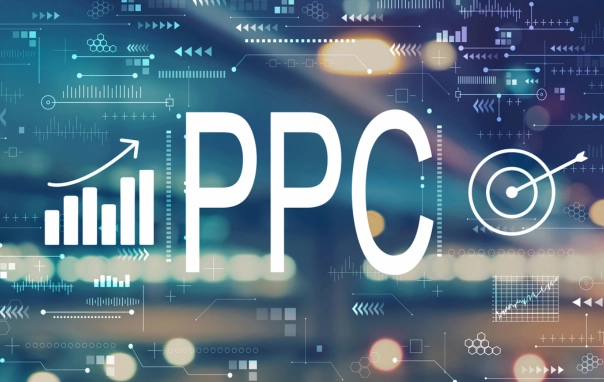
Benefits of PPC
PPC provides quick visibility. It displays your ads at the top of search results or social media feeds. This makes it a good choice for promotions, seasonal campaigns or new product launches.
Thanks to the precise targeting choices, you can target by location, device type, and user interests. This lets you reach your desired audience.
PPC also provides measurable outcomes. It lets you measure clicks, impressions, and conversion rates. You can use these metrics to assess your campaign’s performance.
Challenges of Pay-Per-Click
But, PPC can be expensive. This is especially true in competitive businesses. They demand large bids for top spots. You need to keep managing and optimizing.
If you don’t, you’ll waste ad dollars and get only a small return on investment. Bad management can cost a lot without much benefit. So, it is critical to analyze performance often, conduct A/B testing, and adjust bids based on data.
What are SEO Pros and Cons?
Search Engine Optimization (SEO) is the method of improving a website’s organic rankings. It boosts how high a site appears in search results. SEO has both on-page and off-page methods. They make a website more appealing to search engines like Google.

On-Page SEO Techniques
On-page SEO techniques include using relevant keywords in meta tags, headers, and text. Keyword research is vital.
Tools like Google Keyword Planner and Ahrefs can help you find the best keywords to target. High-quality, engaging content that adds value to users is critical.
To improve readability and relevance, format the text with clear headings and subheadings. Also, place keywords well.
Off-Page SEO Techniques
Off-page SEO relies on building backlinks from respected websites. Promote content by using social media and guest blogging.
Link building boosts a site’s authority and search engine rankings. Social networks can help you expand your content’s reach. Guest posting on high-authority sites can increase traffic and boost your SEO.
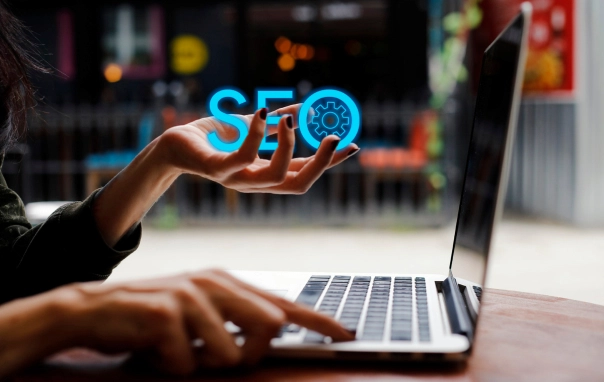
Benefits of SEO
SEO provides long-term benefits, such as increased organic traffic, credibility, and cost-effectiveness. When your website obtains high ranks, it can keep them with less continuous effort than PPC.
Good content and a great user experience boost SEO. They build trust and authority over time. SEO also enhances organic search results.
Challenges of Search Engine Optimization
The biggest problem with SEO is the time required to see results. Unlike PPC, which delivers immediate visibility, SEO takes continuous effort and patience.
You need to create content, build links, and optimize technology to maintain and improve rankings. You must keep up with search engine updates. You need to follow SEO best practices. Doing so is critical for avoiding penalties and being competitive.
How to Choose Between PPC and SEO?
The choice between PPC and SEO depends on many factors. These include your business goals, budget, schedule, and target audience. Aligning your digital marketing with these elements is critical. It helps you make an informed decision.
PPC may be better for organizations that need rapid visibility. They must have a budget for ongoing ad spend. It is very useful for time-sensitive marketing. This involves promotions and product launches that require instant traffic.
Targeting certain demographics. Changing ads in real-time can give you a significant advantage. This is especially true in competitive markets.
But, if you aim to get long-term traffic and build your website’s credibility, SEO is likely better for you. SEO is cheaper in the long term. It produces consistent results.
You do not need ongoing ad investment. SEO brings big rewards to organizations. But, only if they invest the time and effort needed to build a strong online presence.
Conclusion
Both PPC and SEO have distinct advantages and disadvantages. Knowing these differences is critical to creating a balanced digital marketing plan.
The plan must use the traits of both techniques. You may use PPC, SEO, or a mix of both.
The key is to match your approach to your goals. Also, you must always analyze and tweak your efforts for the best results. This allows you to maximize your online presence. It helps you achieve long-term growth in a tough digital landscape.
Tags
- Thunder Bay
- Content
- Backlinks
- Backlinks Off Page
- website Design
- Interaction to Next Paint (INP)
- Benchmark Website Performance
- Off page SEO
- Link Building
- Web
- Keywords
- SEO Services in Mississauga
- Webdesign
- web development
- Digital Marketing
- technical SEO
- On-page SEO
- Websites
- Brampton SEO
- Website
- Ecommerce
- Email Marketing
- mobile local SEO
- Web Design
- Local SEO
- Google ADS
- Seo


